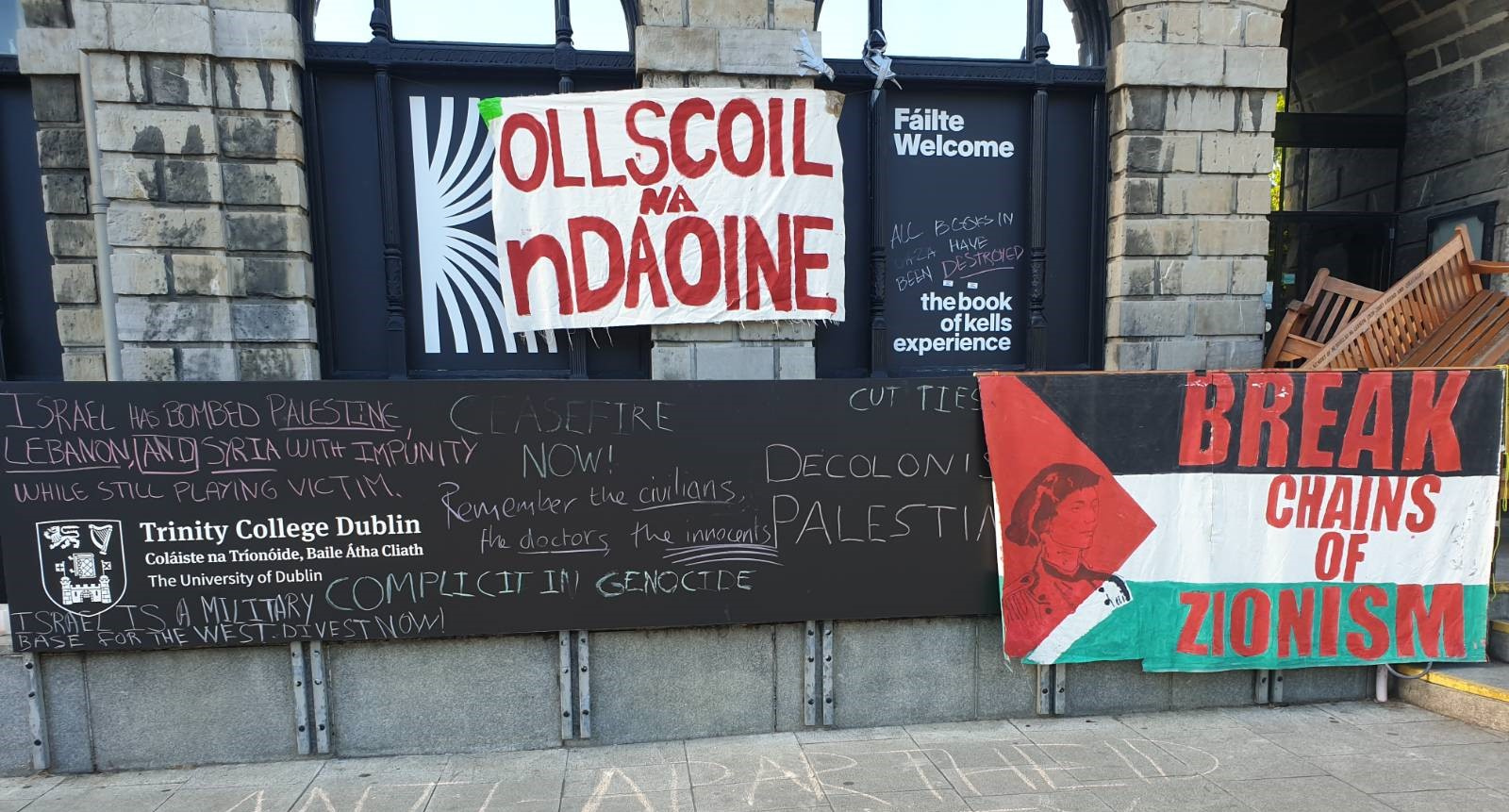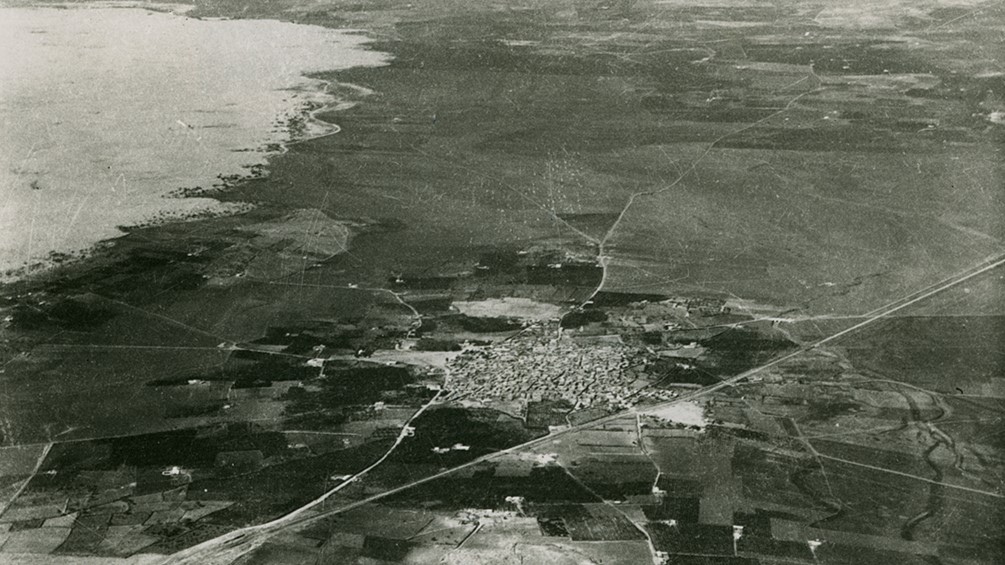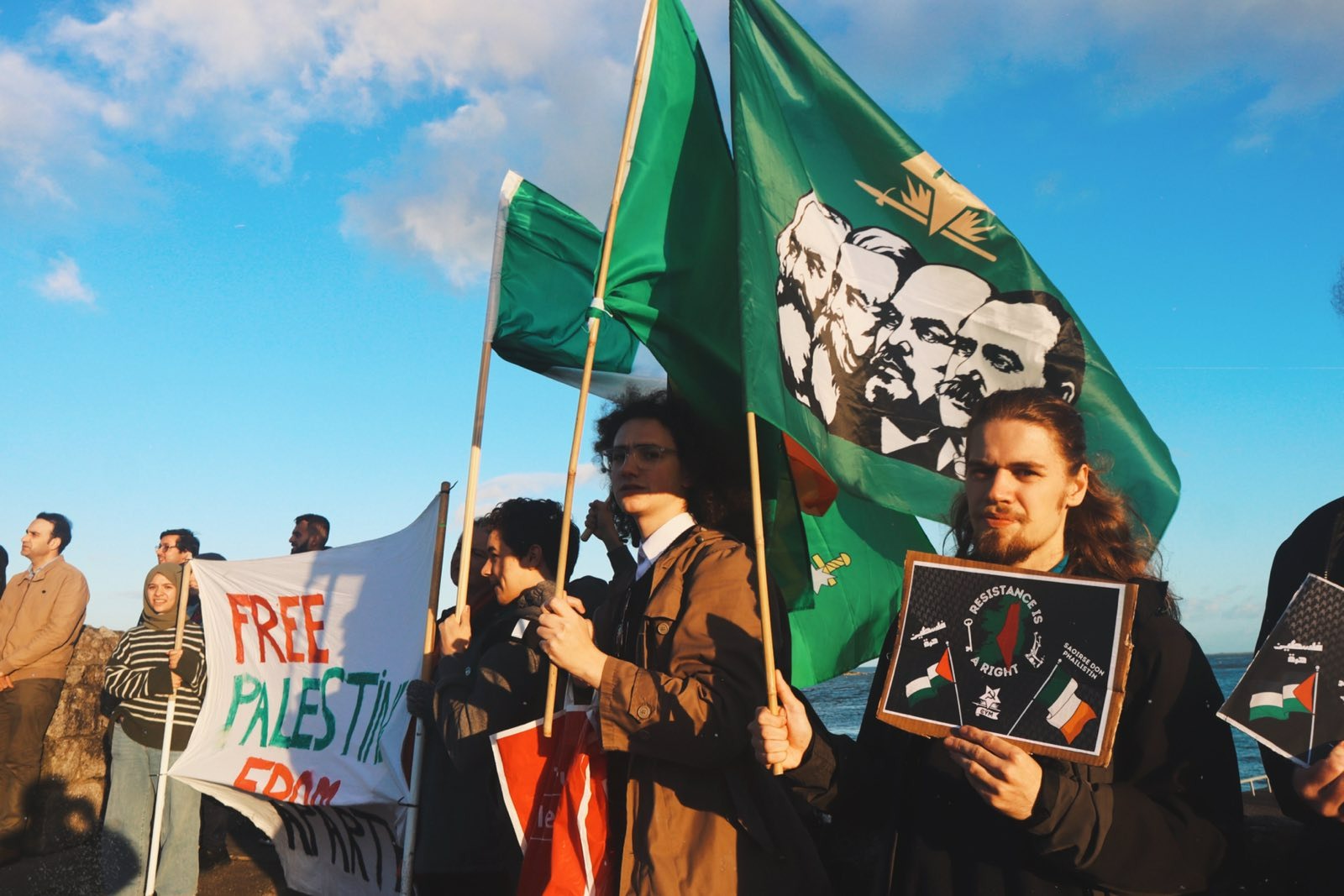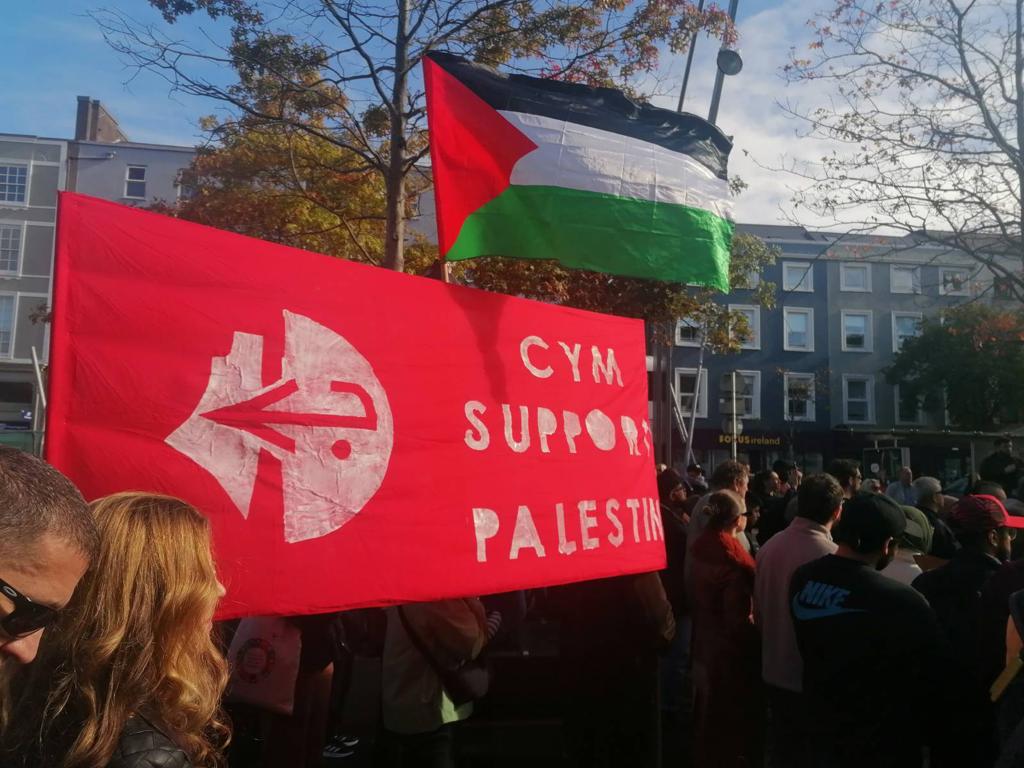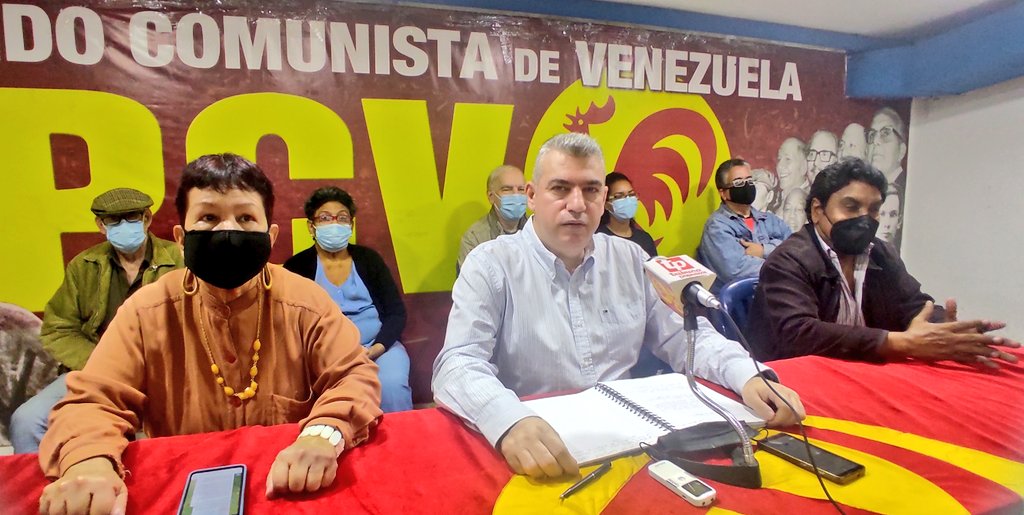The View from Inside Free Trinity
You can hear the chanting from the top of Westmoreland St, the activists taking shifts sitting in the windows of the SU offices in House 6, and waving both Palestinian and Irish flags. There is always at least a handful of people watching and joining the chants from the paths below. From the Pearse St … Read more

